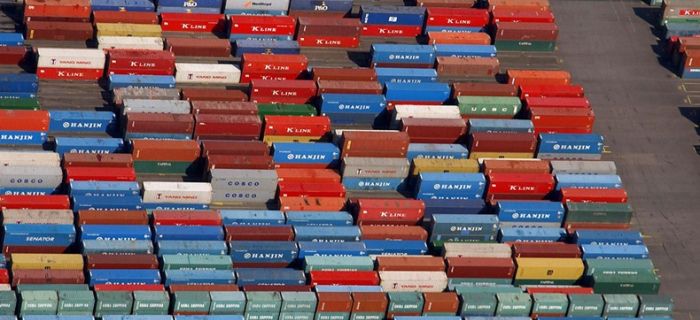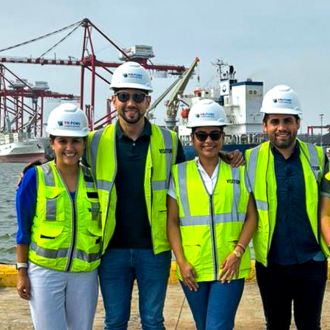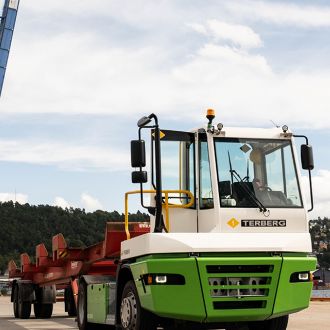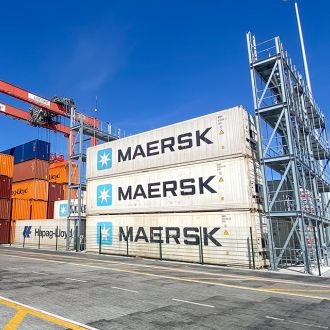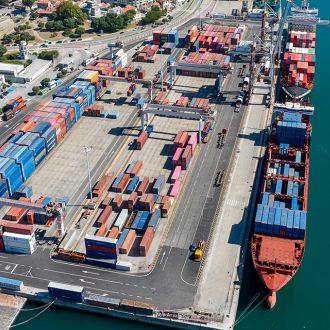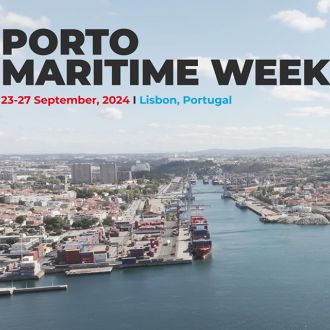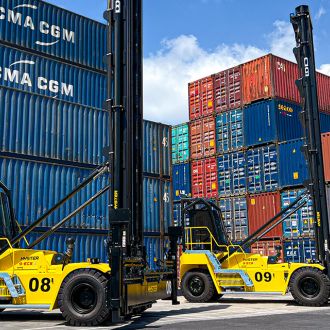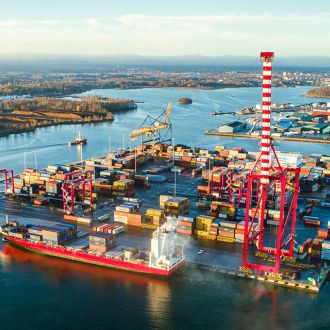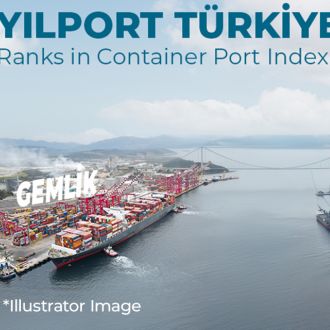The container throughput of Global Ports, the Russian terminal operator, rose by 16% to 4.4m teu in 2017 following strong performances in both imports and exports.
The second half of 2017 proved crucial to this growth as throughput rose by 11.8%, while in the first half of the year container volumes grew by 6.8%.
This acceleration has continued into 2018, with the company reporting a throughput increase of 28% in January and February, well above the Russian market growth of 16%.
Mikhail Loganov, CEO of Global Ports Management, said: "The recovery in the Russian container market continues to gain momentum with December volumes at their highest levels since 2014 and with 2018 starting healthily.
"In 2018, we are continuing with our commercial efforts aimed at securing momentum for our container volume growth.
"Although we currently anticipate that this may result in a single-digit decline in our revenue per TEU over the current year, this approach is gaining strong traction as our volume growth in the first two months of the year has outpaced the current level of market growth."
The operator's two largest container terminals, First Container Terminal (FCT) in the Baltic and Vostochnaya Stevedoring Company (VSC) in the East, both recorded considerable growth.
Throughput at FCT grew by 15.3% to 553,800 teu, while at VSC container volumes rose by 23.1% to 370,800 teu.
However, it was not all plain sailing for the operator. Volumes at Petrolesport tumbled by 22% to 206,300 teu, while throughput at the company's Finnish facilities fell by 38.4% to 115,600 teu.
Despite the good year operationally, the finances of Global Ports portrayed a different picture in 2017, and the company posted a loss of US$53m in 2017 after recording a profit of US$61.3m the previous year.
Revenue remained flat, decreasing by 0.3% to US$330.5m. This was attributed to a 5.5% decrease in container revenue, which itself was driven by an 11.5% decline in revenue per teu as a result of pricing initiatives.
The drop in revenue per teu was also highlighted as a factor in the 10.1% decrease in earnings before interest, tax, depreciation and amortization (EBITDA), which fell to US$201.6m. The negative impact of the Russian rouble appreciation was also blamed for this fall.
Source: Containermag


